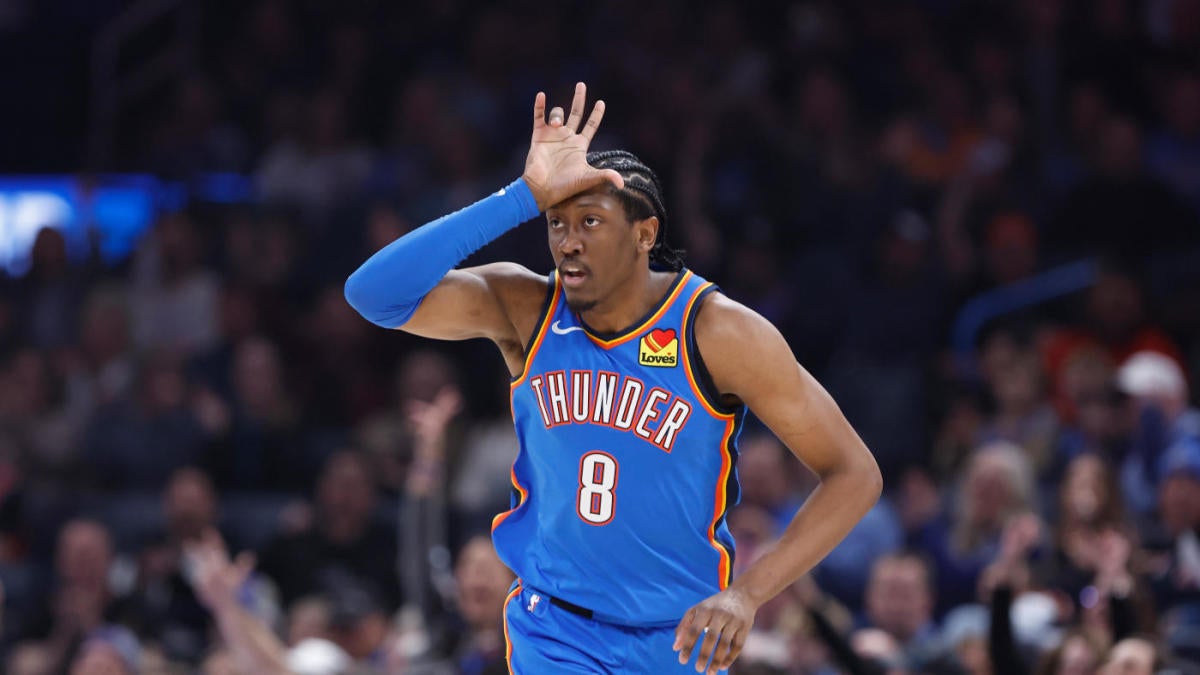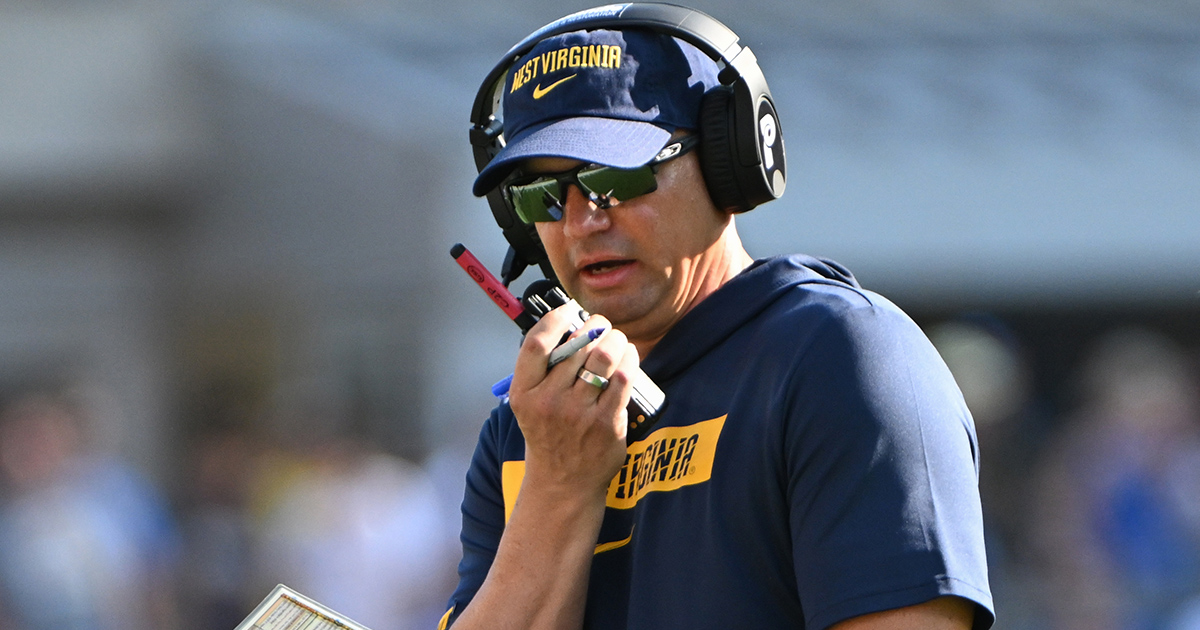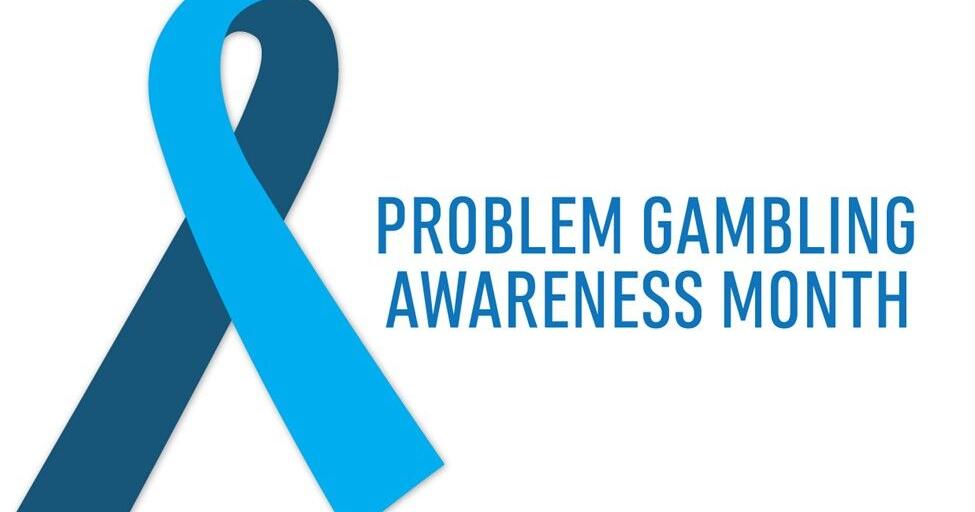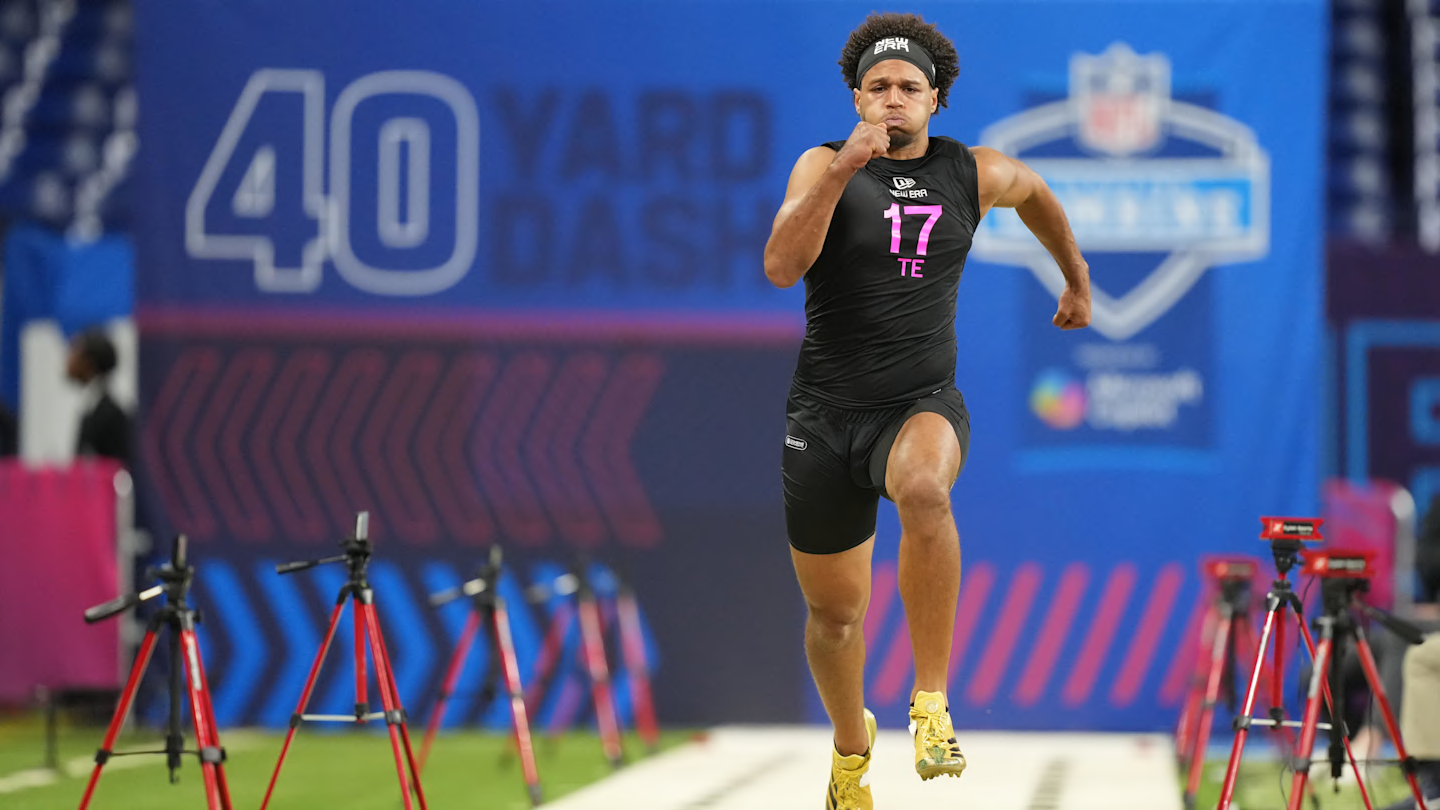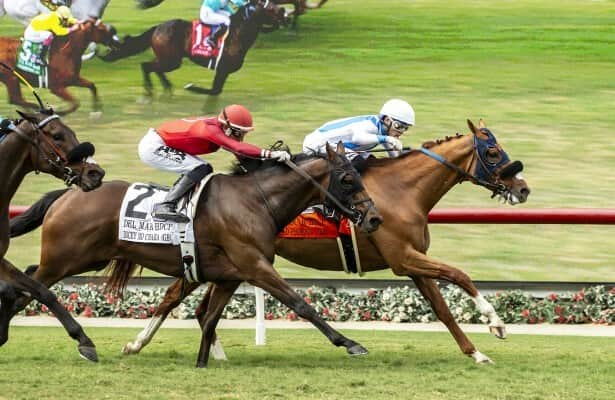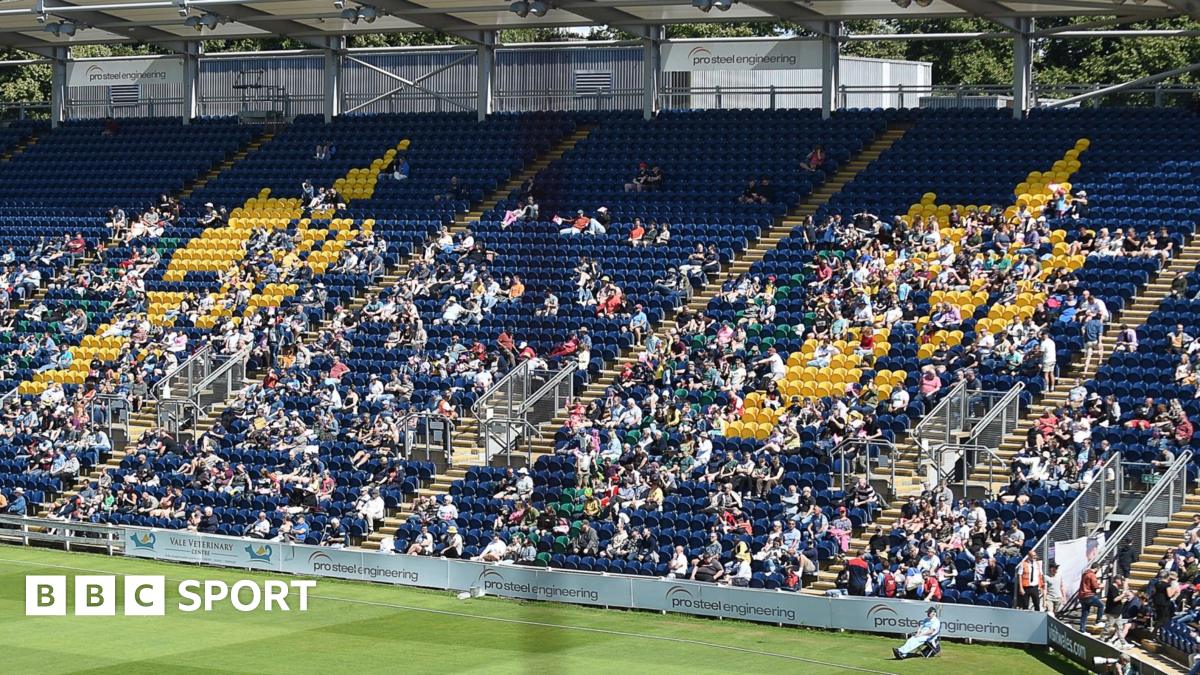What you need to know about NBA’s new TV deal

If you’ve been watching the Olympics at all, you’ve probably seen the new promo, teasing that the NBA is returning to NBC this fall.
On July 24, the NBA officially finalized a new media deal, an 11-year, $76 billion agreement that keeps the NBA and The Walt Disney Company (which owns ESPN and ABC) in business, while bringing NBC and Amazon into the fold.
So, what’s next? How will this impact fans and how they watch games? And, what does this mean for the players and the league moving forward? That’s what we’re here to discuss.
It’s not over ‘til it’s over
Shortly before the NBA announced the new deal, it issued a short statement regarding negotiations with Warner Bros. Discovery, which is the company that operates TNT and was vying for a third of the NBA pie.
“Warner Bros. Discovery’s most recent proposal did not match the terms of Amazon Prime Video’s offer,” the statement read. “Therefore, we have entered into a long-term arrangement with Amazon.”
Two days later, WBC filed a lawsuit in New York Supreme Court, alleging that by declining WBC’s offer, the NBA breached its contract.
Since the new deal is set to take effect at the start of the 2025-26 season, it is likely that there are going to be some things that drag out in court over the next few months. So, it’s not technically finalized and finished with all the T’s and I’s crossed and dotted. For now, we have to move ahead as if the new deal is the one that will stay in place.
What does this mean for TNT and NBA TV?
The upcoming 2024-25 NBA season is set to be the final season broadcast on TNT. Nationally televised games are now set to be broadcast by ESPN, NBC/Peacock and Amazon.
There hasn’t been much, if anything, said about NBA TV, but the assumption is that since the league’s branded channel was operated by WBC, it won’t be moving elsewhere. Does it just cease to exist? That’s a yet unanswered question.
How will this impact how fans watch games?
Well, if you were someone that watched national games on ESPN/ABC, TNT and NBA TV, you’re going to have to switch over or subscribe to both NBA/Peacock and Amazon Prime Video.
There are also going to be some regionally televised games through NBC, and it’s not clear how this, and the new deal as a whole, will impact regional sports networks or how teams will broadcast their games moving forward.
What is clear is that there will be more games broadcast nationally through the NBA’s new partners than there were previously.
ESPN and ABC are set to broadcast 80 regular-season games. ESPN games will generally be on Wednesdays with some Friday night showcases, ABC games will generally be on Saturday nights and Sunday afternoons and the two will continue to broadcast all Christmas Day games. Additionally, ABC and ESPN will show roughly 18 games during the first two rounds of the playoffs, at least one of the Conference Finals in 10 of the 11 years of the media deal and ABC will remain the exclusive home of the NBA Finals. ESPN and ABC will also broadcast the NBA All-Star Celebrity Game, the NBA draft, the NBA draft lottery and half of all Summer League games.
NBC and Peacock will distribute up to 100 NBA regular-season games with a large portion of those games airing on NBC on Sunday and Tuesday nights. NBC will show the NBA’s opening-night doubleheader and will have at least two games on Martin Luther King Jr. Day on NBC or Peacock.
Peacock will stream two games every Monday night of the season. NBC’s regional games will be shown on certain NBC affiliate stations every Tuesday night. NBC also becomes the home of the All-Star Game, Rising Stars Game and the All-Star Saturday night competitions (dunk contest, 3-point contest and skills challenge). During the playoffs, NBC or Peacock will broadcast roughly 28 games through the first two rounds and show one Conference Finals series every other year.
Amazon Prime Video will have rights to 66 regular-season games, which will include a Thursday night doubleheader beginning in January, Friday doubleheaders, some Saturday afternoon games, a Black Friday game and the quarterfinals, semifinals and championship game of the Emirates NBA Cup (the in-season tournament). Amazon will also show all of the play-in games ahead of the playoffs as well as a third of the games in the first two rounds of the playoffs and one Conference Finals series every other year.
What does this mean for League Pass? That too is a question that has yet to be answered.
Will the new deal impact the salary cap?
The short answer is, yes.
Fans might remember when the current media deal took effect in 2016, immediately increasing the salary cap from $70 million in the previous season to $94 million in the 2016-17 year. There were a lot of wild contracts and big moves that summer. But the league learned a lesson from that.
In the new CBA, the league and NBPA agreed to “cap smoothing,” which means a max annual cap increase of 10% (with room for adjustment if necessary), in order to slowly introduce the new TV money. So there will certainly be increases to the salary cap, but not the kind of mind-bending jump that we saw last time this happened.
What’s next?
For years, reporters have been asking NBA commissioner Adam Silver when the league would look at expansion and for a long time his answer was that the CBA and new media rights deal needed to be ironed out before expansion was on the table. He stayed true to that answer because after the CBA was agreed on, he said the media deal was where the league’s focus was.
Now it seems that the NBA board of governors will start to think about expansion. At Summer League in Las Vegas last month, prior to the media deal being finalized, Silver expanded on what those discussions could look like.
“I have been saying for the last several years: Let’s let collective bargaining finish up, then the media deals. As I said earlier, we’re not quite done with our media deals yet. But once we are, we will turn to consideration around expansion,” Silver said. “I will say it’s a bit more complicated than is suggested sometimes, because just think of the new media deals, for example. Once they’re completed, when you bring in new partners, you’re diluting those payments, of course, to teams. Sometimes it seems as if we’re printing money when we expand. Actually, it’s no different than selling equity in any business.
“I think there needs to be a fair amount of modeling at the league office, working with existing owners and really thinking through the long-term prospects, again not just economically but also for potential of dilution of talent. Having said that, I think we will engage this fall in earnest in the process of making those determinations. Should we expand? If we were to expand, how many teams should we expand and what markets should we be looking at?”
Related
Thunder vs. Rockets odds, score prediction, time: 2025 NBA picks,…
The Houston Rockets (37-23) will get another shot at the Oklahoma City Thunder (49-11) when they meet in a
Remix Guard Isaac Nogues Gonzalez to Enter NBA Draft
Rip City Remix guard Isaac Nogues Gonzalez plans to submit paperwork this week to officially enter the 2025 NBA Draft, according to the Stein Line’s Jake F
NBA Last 2 Minute Report: Warriors vs. 76ers
Saturday was pure disappointment for the Golden State Warriors. Their five-game winning streak ran into a Quentin Grimes-shaped wall, with the Dubs losing to
NBA Fans React to Mavericks Increasing Ticket Prices After Luka…
Dallas Mavericks fans have been collectively reeling over the past few weeks, and just took another punch on Monday. The Mavericks announced their season ticket
